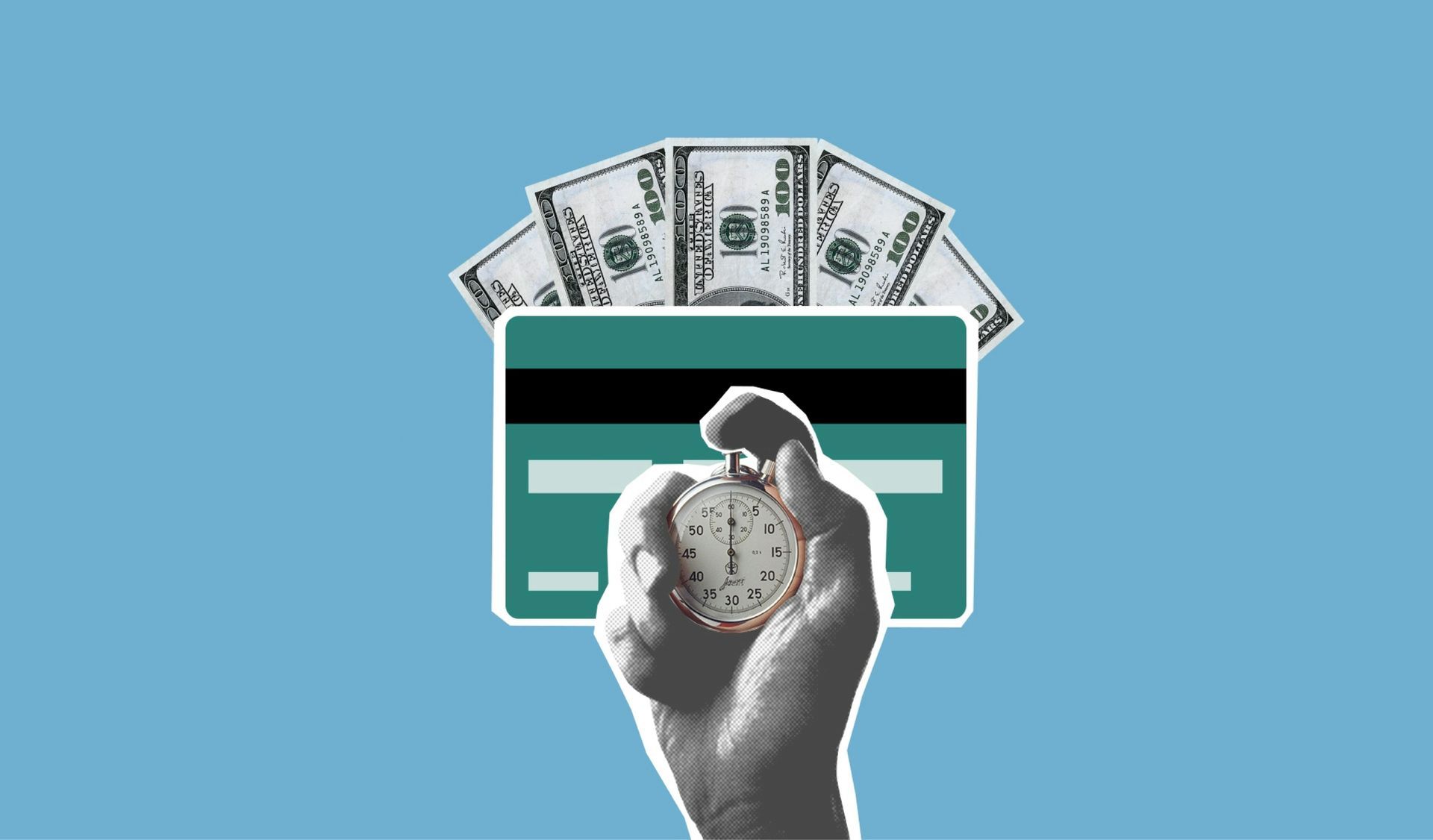Debt Battlefield Strategies: Weighing the Merits of HELOCs, Early 401k Withdrawals, and High-Interest Loans
The Debt Warrior's Arsenal: Weighing the Risks and Rewards of HELOCs, Early Retirement Savings Access, and High-Interest Loans
Debt can feel like a relentless foe, draining your financial resources and causing sleepless nights. But fear not, warriors on the path to financial freedom! There are strategies to combat this enemy, each with its own advantages and disadvantages. Today, we'll delve into three prevalent options: Home Equity Line of Credit (HELOC), early withdrawal from a 401k retirement account, and high-interest loans. By understanding the intricacies of each approach, you can choose the weapon that best equips you for your specific debt-fighting campaign.
Home Equity Line of Credit (HELOC): Leveraging Your Fortress
A HELOC is a credit line secured by the equity you've built up in your home. Imagine a revolving line of credit, similar to a credit card, but with your home's value as collateral. Here's a breakdown of the potential benefits and drawbacks of using a HELOC to conquer your debt:
Pros:
- Potentially Lower Interest Rates: HELOCs often offer lower interest rates compared to high-interest loans like credit cards. This can translate to significant savings over time, allowing you to pay off debt faster.
- Interest May Be Tax-Deductible: In some cases, the interest paid on a HELOC may be tax-deductible, further reducing your overall borrowing costs. (It's crucial to consult with a tax advisor to confirm eligibility for deductions.)
- Flexibility: HELOCs offer flexibility in how you access and repay funds. You can draw on the credit line as needed and only pay interest on the amount you use.
Cons:
- Risk of Foreclosure: Since your home secures the HELOC, defaulting on payments can lead to foreclosure. This puts your homeownership at risk.
- Potential for Increased Debt: The easy access to funds provided by a HELOC can be tempting, leading to overspending and accumulating even more debt. Strict budgeting and discipline are essential.
- Decreasing Home Equity: As you use your HELOC, the equity you have in your home decreases. This can limit your borrowing power in the future.
Early Withdrawal from Your 401k: Borrowing from Your Future Self
A 401k allows you to tap into your retirement savings for emergencies, but with significant consequences. Here are the pros and cons to consider before using an early withdrawal as a debt-fighting weapon:
Pros:
- Fast Access to Funds: You can typically access funds from your 401k within a short timeframe, providing quick relief from debt burdens.
- Avoids Debt Accumulation: By paying off debt with a 401k withdrawal, you can prevent further interest charges from accumulating.
Cons:
- Tax Penalties and Lost Growth: Early withdrawals from your 401k are typically subject to income taxes and a 10% penalty, significantly reducing the available funds. Additionally, you miss out on potential future growth on those retirement savings.
- Impact on Retirement Security: Raiding your retirement savings can leave you financially vulnerable in your golden years.
Remember: An early withdrawal from your 401k should be a last resort, only considered after exhausting other options.
High-Interest Loan: A Double-Edged Sword
High-interest loans, such as personal loans or payday loans, offer quick access to cash but come with a hefty price tag. Let's explore the potential benefits and drawbacks of wielding this financial tool:
Pros:
- Fast Funding: High-interest loan applications are often processed quickly, providing near-instant access to cash.
- Potential for Debt Consolidation: You can use a high-interest loan to consolidate existing debts with higher interest rates, potentially simplifying your repayment process.
Cons:
- Crippling Interest Rates: High-interest loans come with exorbitant interest rates, significantly increasing the overall cost of borrowing. This can trap you in a cycle of debt if not managed carefully.
- Qualification Challenges: Obtaining a high-interest loan may be easier than other options, but qualification requirements can still be stringent, especially for borrowers with poor credit scores.
Remember: High-interest loans should be approached with extreme caution. Only consider them if you have a clear plan to repay the loan quickly and avoid falling deeper into debt.
Choosing Your Champion: A Strategic Decision
There's no one-size-fits-all answer when it comes to battling debt. The best option depends on your specific circumstances. Here are some key factors to consider when choosing your weapon:
- Severity of Debt: For overwhelming debt burdens, a HELOC might offer a larger line of credit to tackle the problem.
- Financial Stability: If you're confident in your ability to make timely payments and avoid overspending, a HELOC can be a powerful tool. However, if you struggle with budgeting or discipline, a high-interest loan could exacerbate your debt problems.
- Retirement Goals: Early 401k withdrawal should be a last resort, especially if you're far from retirement age. HELOCs and high-interest loans, while risky, might be preferable to jeopardizing your future financial security.
- Creditworthiness: HELOCs typically require good credit scores and home equity. High-interest loans might be easier to obtain with lower credit scores, but come with the aforementioned drawbacks.
Remember: Consulting with a financial advisor can be invaluable in this decision-making process. They can assess your individual circumstances, risk tolerance, and financial goals to help you choose the most suitable debt-fighting strategy.
Beyond the Battlefield: Building a Sustainable Financial Future
Conquering debt is a crucial step towards financial freedom. But it's just one battle in the grand war for financial well-being. Here are some additional strategies to consider for building a sustainable financial future:
- Create a Budget and Track Your Spending: Awareness of your income and expenses is essential for managing debt and planning for the future.
- Develop a Debt Repayment Plan: Prioritize your debts and create a strategic plan to pay them off efficiently.
- Build an Emergency Fund: Having a safety net of savings helps you weather unexpected financial storms and avoid resorting to debt for emergencies.
- Invest for the Future: Once you've conquered debt, prioritize saving and investing for your long-term financial goals, such as retirement.
- By employing these strategies and wielding the right debt-fighting weapon for your specific situation, you can emerge from the debt battlefield victorious and pave the way for a more secure and prosperous financial future. Remember, knowledge, planning, and discipline are your most valuable allies in this ongoing quest for financial freedom.



